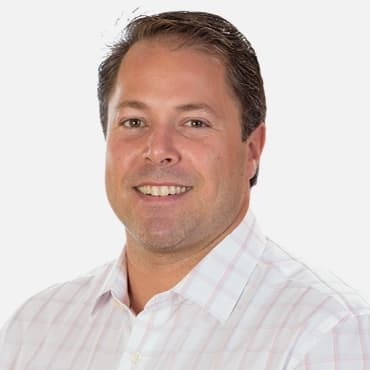Carlos Cajigas
Principal InstructorChief Technology Officer at Covert Bit
Specialities
Digital Forensics and Incident Response

Experience SANS training through course previews.
Learn MoreLet us help.
Contact usBecome a member for instant access to our free resources.
Sign UpWe're here to help.
Contact UsDigital Forensics and Incident Response

Carlos Cajigas is a digital forensics and incident response (DFIR) professional with more than two decades of experience spanning both law enforcement and the private sector. A native of San Juan, Puerto Rico, he began his career with the West Palm Beach Police Department, where he advanced from patrol officer to detective, eventually specializing in computer crime investigations and digital forensics. Today, Carlos serves as Chief Technology Officer of Covert Bit Forensics and as a SANS Principal Instructor, where he teaches SANS FOR500: Windows Forensic Analysis and SANS FOR508: Advanced Incident Response, Threat Hunting, and Digital Forensics.
[Carlos] showed us a few tips and tricks with the labs, which was an added bonus! Carlos is a great instructor, his ability to show other examples on the fly and switch between windows in the online environment is very impressive.
Carlos is incredibly engaging, articulate, and keeps all of the material interesting.
Carlos does an excellent job of explaining the subjects, and if we don't understand something at first, he will ensure we do.
Here are upcoming opportunities to train with this expert instructor.